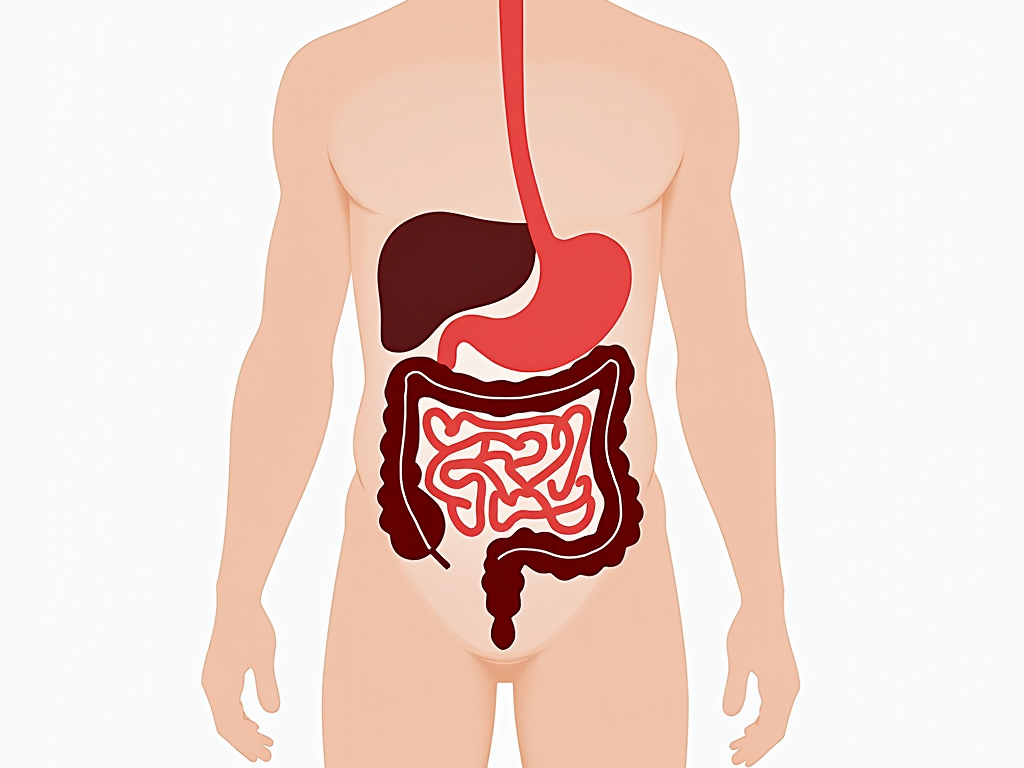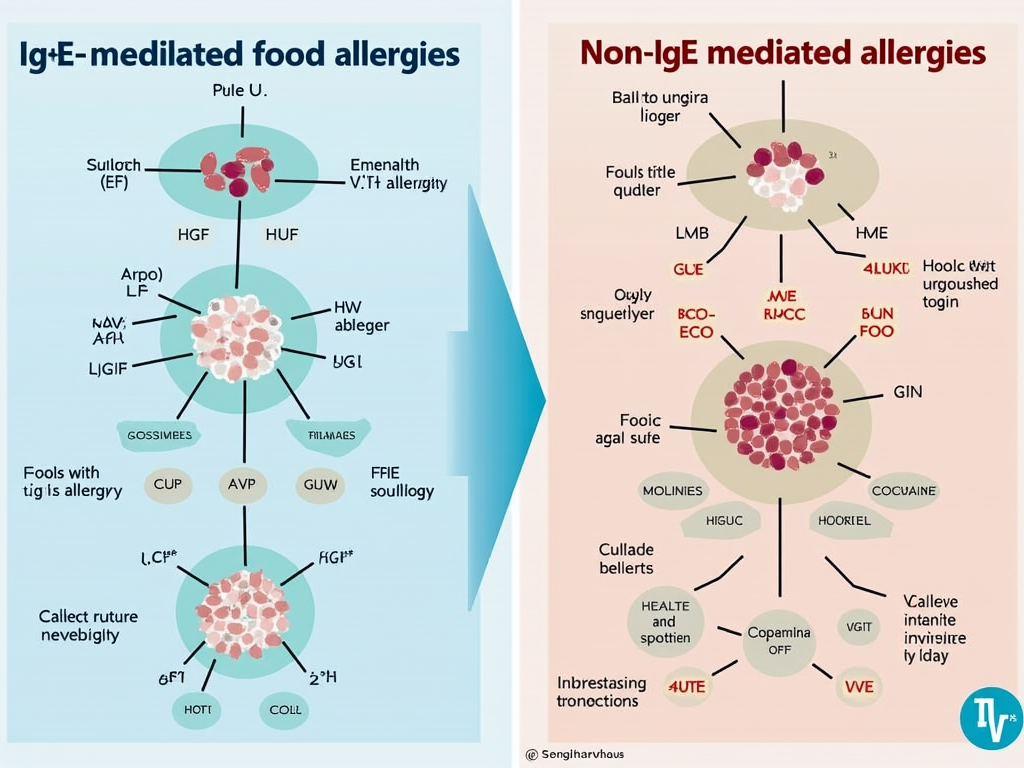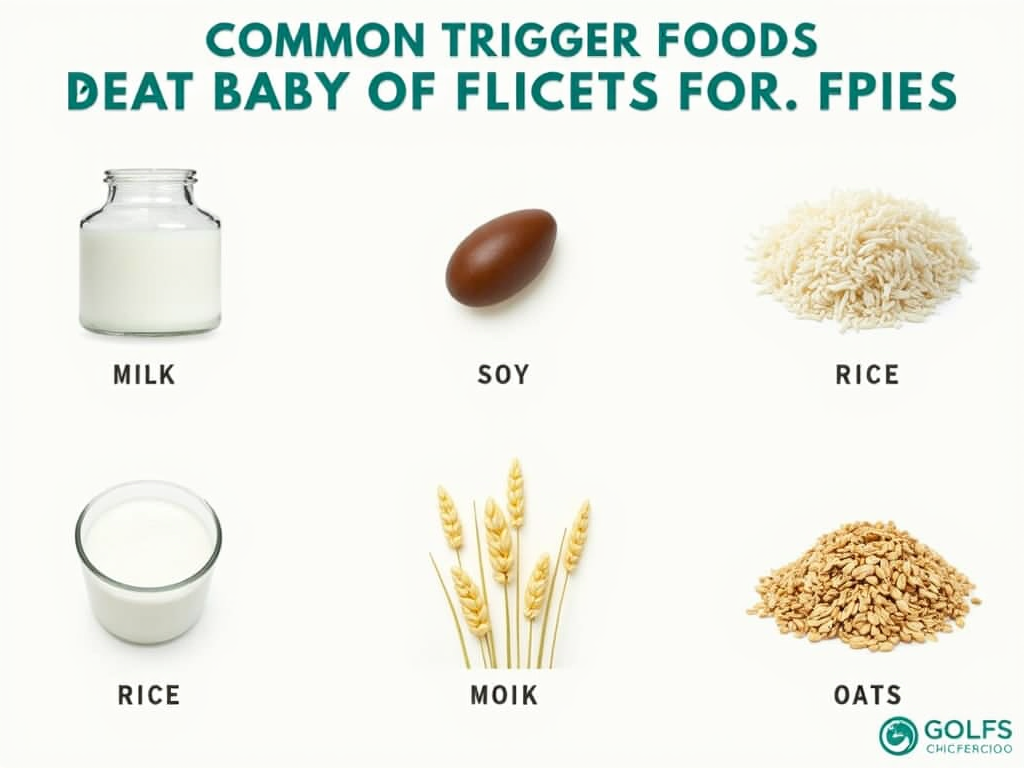Chronic FPIES, or Food Protein-Induced Enterocolitis Syndrome, is a rare but serious food allergy that affects the gut. Unlike typical allergies, it doesn't cause immediate hives or breathing problems but leads to delayed vomiting and diarrhea. In its chronic form, symptoms can be ongoing, making it tough to manage. This article dives into the science behind these symptoms, exploring how the immune system reacts and what can be done to help those affected.
What is FPIES?
FPIES is a type of food allergy where the immune system reacts to certain proteins in food, causing inflammation in the gastrointestinal tract. There are two forms: acute and chronic. Acute FPIES happens when a person eats a trigger food and experiences symptoms like severe vomiting and diarrhea a few hours later. Chronic FPIES, on the other hand, occurs when the trigger food is eaten regularly, leading to ongoing symptoms such as chronic diarrhea, poor weight gain, and lethargy, especially in infants.

Symptoms of Chronic FPIES
Chronic FPIES symptoms can be subtle and persistent. Unlike acute FPIES, where symptoms are dramatic and immediate, chronic FPIES might present as:
- Chronic diarrhea or loose stools
- Poor weight gain or failure to thrive in infants
- Lethargy or chronic fatigue
- Intermittent vomiting
- Pale skin
- Dehydration
These symptoms can be mistaken for other conditions, making diagnosis challenging. For instance, a child might be thought to have a viral infection or lactose intolerance when it's actually chronic FPIES.
The Immune System's Role in Chronic FPIES
FPIES is a non-IgE mediated food allergy, meaning it doesn't involve the typical allergic antibodies (IgE) that cause immediate reactions like hives or anaphylaxis. Instead, it's thought to involve T-cells and other parts of the immune system that trigger inflammation in the gut.
When a person with FPIES eats a trigger food, their immune system mistakenly identifies certain proteins as harmful. This leads to the release of inflammatory chemicals, causing the lining of the intestines to become inflamed. In chronic FPIES, repeated exposure to the trigger food keeps the immune system activated, leading to ongoing inflammation and symptoms.
Researchers are still trying to fully understand the mechanisms. Some studies suggest that cytokines, which are signaling molecules in the immune system, play a key role in orchestrating the inflammatory response in FPIES.

Trigger Foods and Diagnosis
Common trigger foods for FPIES include cow's milk, soy, rice, oats, and certain vegetables and meats. However, any food protein can potentially trigger FPIES. Diagnosis can be tricky because symptoms are delayed and can mimic other conditions.
To diagnose chronic FPIES, doctors often rely on a detailed medical history, elimination diets, and sometimes oral food challenges under medical supervision. Blood tests and skin prick tests, which are useful for IgE-mediated allergies, are not helpful for FPIES.
Management and Treatment
The primary treatment for chronic FPIES is strict avoidance of trigger foods. This can be challenging, especially since common triggers like milk and soy are in many processed foods. Working with a dietitian can help create a safe and balanced diet.
In some cases, especially in infants, hypoallergenic formulas might be necessary. As children grow, they may outgrow FPIES, but this isn't always the case, and some individuals continue to have food triggers into adulthood.
Emerging treatments are being researched, such as immunotherapy, but these are still in early stages and not widely available.

Impact on Quality of Life
Living with chronic FPIES can be stressful for both patients and their families. Constant vigilance is required to avoid trigger foods, and accidental exposures can lead to severe symptoms. This can make social situations, like eating out or attending parties, anxiety-inducing.
Moreover, the chronic nature of the symptoms can lead to fatigue and affect overall well-being. For parents of children with chronic FPIES, the worry about their child's growth and development can be overwhelming.
Support groups and connecting with others who have similar experiences can be incredibly helpful. Sharing tips and stories can make the journey less isolating.
Future Directions
Research into FPIES is ongoing, with scientists working to better understand the immune mechanisms involved and to develop more effective treatments. One area of interest is identifying biomarkers that could help diagnose FPIES more accurately and predict which children might outgrow the condition.
Additionally, studies are exploring whether early introduction of certain foods could prevent FPIES, similar to strategies used for other allergies.
Summary
Chronic FPIES is a complex condition that requires careful management and understanding. By avoiding trigger foods and working closely with healthcare providers, individuals with chronic FPIES can lead healthy lives. Ongoing research offers hope for better diagnostic tools and treatments in the future.
Discuss Here